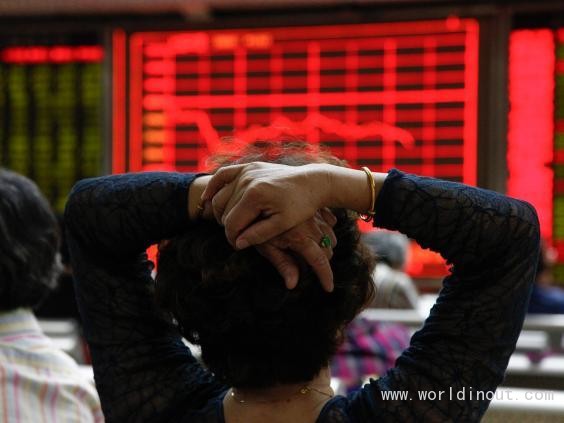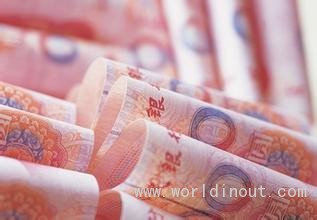
Economic and social targets for the next five years were set recently in China, against a background of rising concerns over slowing growth, weakness in the property and stock markets and problems in the banking system.
Over the past decade, successive Chinese administrations have repeatedly outlined reform proposals. But the talk-to-walk ratio is disappointing. There are a number of reasons to suspect that this will not change in the near future.
First, the necessary reforms are inconsistent with maintaining target rates of growth. Second, there are problems with implementation, particularly at local level. Third, the reform programme is inconsistent with the government model of control and economic management.
The Chinese social contract requires the maintenance of high rates of economic growth – to create employment opportunities and improve the living standards of the population. But a reduction in investment is likely to come with a slower expansion of economic activity, at least in the short term. It will require reducing the dominance of state-owned enterprises (SOEs). It will also require increasing household income by improving wages, allowing banks to pay market rates on savings and letting the yuan find its market level – rather than artificially depressing its value. It will require transfers of wealth to households through land grants, privatisation and freedom of movement.
This may reveal China’s chronic “mal-investment”, exposing poorly performing industries to the risk of failure and setting off a chain of closures, job losses and loan defaults.
Deregulation of the financial system would stress over-indebted borrowers as lending rates rise. Banks would find it hard to deal with non-performing loans in a period of rising deposit rates and shrinking margins.
Moving to full market pricing and recognising environmental costs would result in higher utility prices. While that would help conserve scarce resources, such as energy and water, it would also reduce consumption. Implementing a broader welfare system would require additional taxes or increasing government debt.
In effect, the internal contradictions of the economic model will become apparent. These tensions may drive a process of skewed reform. For example, the rapid growth of the shadow banking system constitutes de facto reform of the banking system as depositors can obtain higher returns than those available from banks.
At the March 2014 National People’s Congress, meeting to rubber- stamp policies, Premier Li Keqiang admitted as much. While stressing that the government was committed to structural reforms, he admitted investment remained “the key to maintaining stable economic growth”, now targeted at 6.5 per cent.
Policy implementation will remain challenging. Local governments are unlikely to acquiesce to reforms that undermine their power, while the rebalancing of the economy in favour of consumption brings the central government into conflict with vested interests – the political and economic elite – who have benefited from the investment-based growth model.
As the process left households and workers with a relatively small share of GDP, economic rebalancing will require transferring an increasing share to this group at the expense of SOEs, banks and the elite.
In effect, reform requires an implicit redistribution of wealth – meaning, in all likelihood, that it will face significant opposition from powerful people in the state sector and local government.
These factors favour a cautious, incremental approach. In an apocryphal anecdote delivered in 1972, the then Chinese premier Zhou Enlai is thought to have stated that it was too early to tell the effects of French Revolution (he may have been referring to the 1968 Paris student riots).
At the 2013 Congress, China nominated a seven-year period to implement its programme: “By 2020, decisive results are to be obtained in reform, [and] the reform tasks put forward [are] to be completed.” The problem is that if the current reforms aren’t pursued aggressively, the window of opportunity will close. The problems will grow rapidly, making the necessary shifts in policy more difficult, disruptive and expensive.
China’s ability to reform is overstated by Westerners. Responding to President Nixon’s praise on his transformation of China, Mao Zedong caustically retorted: “I haven’t been able to change it. I’ve only been able to change a few places in the vicinity of Beijing.” That statement, made in 1972, is true today.







